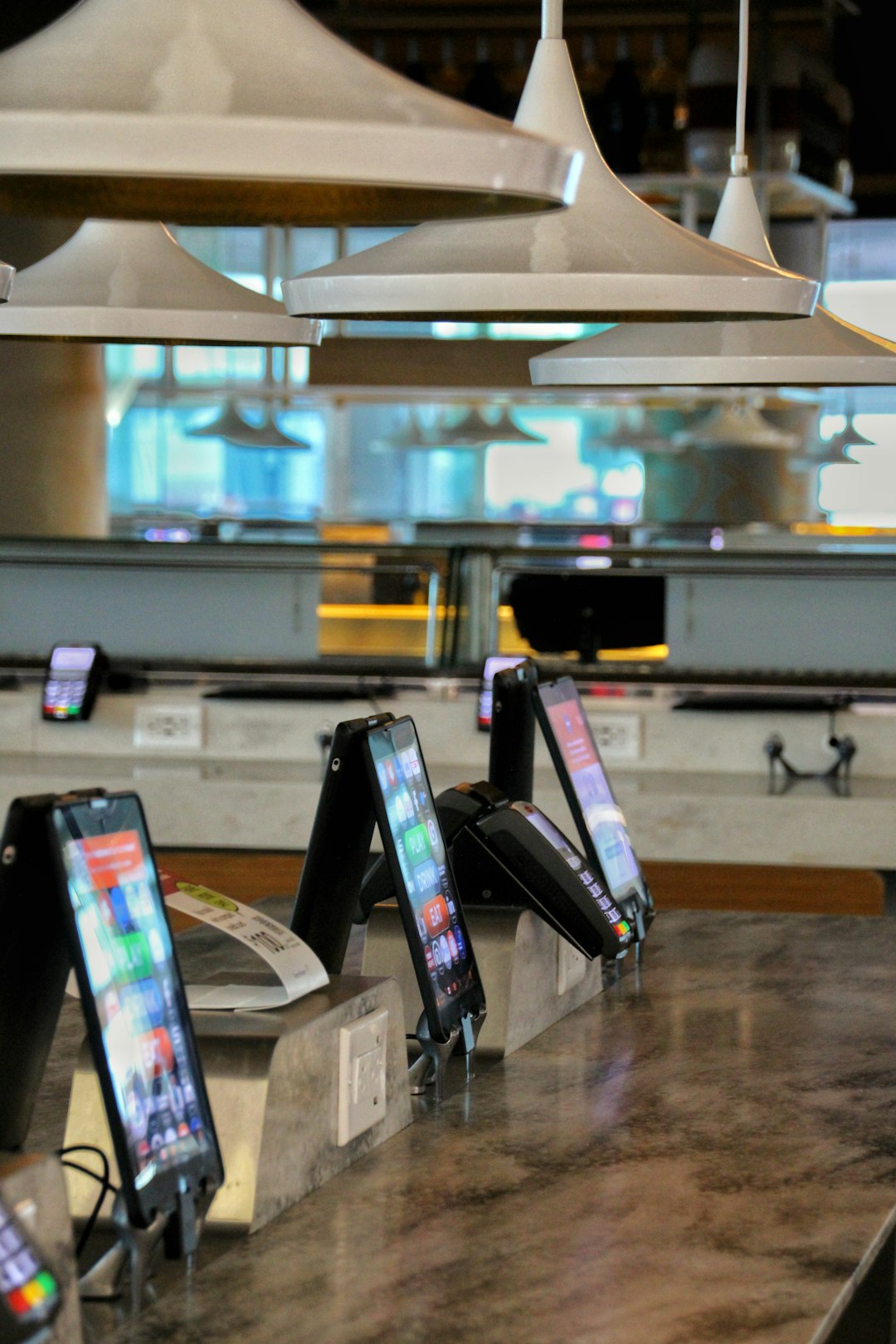As international commerce and globalization expand, the demand for fast, low-cost, and transparent online money transfers has increased significantly. European consumers, in particular, are becoming more discerning when it comes to choosing financial services that provide better value, especially for cross-border payments. In this context, Revolut is gaining popularity across Europe as an attractive alternative to traditional payment platforms like PayPal. With competitive exchange rates, minimal fees, and an intuitive user interface, Revolut is redefining how people send money across borders.
Contents
TL;DR
European users are increasingly favoring Revolut over PayPal for cross-border payments due to its transparent fee structure, real exchange rate conversions, and fast transfer speeds. Unlike PayPal, which often adds hidden charges through poor exchange rates and conversion fees, Revolut offers a more user-friendly, cheaper, and technologically advanced solution. Users appreciate Revolut’s clear pricing model and the ability to manage multiple currencies easily within one app. The banking alternative’s appeal lies in its transparency and focus on user control.
Why Are European Users Moving Away from PayPal?
PayPal has long been the dominant force in online payments, with millions using its platform for both domestic and international transactions. However, users have grown more critical of hidden fees and subpar exchange rates, especially for cross-border transfers. These issues, often baked into the conversion rates or labeled as service charges, gradually erode customer trust.
- Exchange rate margins: PayPal converts currencies at a rate significantly below the real market rate, often adding a 3-4% markup.
- Additional fees: Users transferring funds across borders frequently encounter unexpected handling charges.
- Transparency: The cost breakdown is not always clear, making it difficult for users to predict the true cost of a transaction.
As people engage in more global freelancing, remote work, and online shopping, these limitations become increasingly problematic. Europeans are expressing their discontent by migrating to newer, more transparent solutions like Revolut.
What Makes Revolut a Preferred Alternative?
Revolut’s appeal lies not only in lower costs but in the control and convenience it offers to users. As a digital-first financial platform, Revolut enables users to hold, exchange, and transfer money in multiple currencies with minimal friction.

Key Advantages of Revolut Over PayPal
- Real Exchange Rates: Revolut uses the interbank exchange rate, meaning users get the most accurate conversion without added markups.
- Transparent Fees: Paid plans and transaction costs are clearly displayed within the app. Free foreign transfers are also available within set limits.
- Multi-currency Accounts: Users can hold and convert over 30 currencies, making it easier to manage international finances.
- Instant Transfers: Money transfers between Revolut users are instantaneous and fee-free, making it ideal for groups and families across borders.
Furthermore, Revolut’s interface is built for the digital era. Its mobile-first approach offers tools for budgeting, currency exchange, and spending categorization—all within the same app. All of these features contribute to a sense of financial empowerment.
Real-World Scenarios Where Revolut Shines
- A freelancer in Berlin working with clients in the UK can invoice and receive payment in GBP, convert to EUR at interbank rates, and avoid PayPal’s typical 5–7% deduction in fees and conversion losses.
- A German parent sending money to a student based in Spain can make regular transfers in EUR without worrying about intermediary bank fees or hidden charges that are common in traditional banks and services like PayPal.
- A Polish online shopper buying from UK-based retailers can load GBP into their Revolut wallet and pay with a Revolut card, thus avoiding foreign transaction fees.

These use cases reveal how seamless and cost-effective Revolut has made cross-border transactions, particularly for regular users who conduct international finance as part of their everyday life.
Security and Reputation: Is Revolut a Trustworthy Option?
One common hesitation for any digital banking solution is security. Revolut, which holds a banking license in the EU, employs robust security protocols. It uses multiple layers of encryption, facial and fingerprint identification, and allows users to freeze/unfreeze cards instantly.
In recent years, Revolut has taken further steps to solidify its reliability by opening branches across European countries and expanding customer support availability. The company is monitored by the European Central Bank and local financial authorities, which lends confidence to both casual and professional users.
Comparative Cost Analysis
To truly understand why Revolut is gaining ground, consider the breakdown of a €1,000 transfer from France to the UK:
| Provider | Exchange Rate | Service Fee | Total Received (GBP) |
|---|---|---|---|
| PayPal | 1 EUR = 0.83 GBP | €19.99 | £810 |
| Revolut | 1 EUR = 0.86 GBP | €0 (within monthly limit) | £860 |
This simple example highlights how Revolut users often save tens of euros per transaction—savings that can add up very quickly for regular users.
What About Business Users?
Small businesses and freelancers are also turning to Revolut Business for similar reasons. The ability to create multi-user company accounts, receive international payments, and link expense management tools has been a gamechanger for entrepreneurs and startups across Europe. Additionally, Revolut’s integrations with platforms like Xero and Slack streamline operations, making cross-border payments a non-issue.
Future Outlook: Will this Trend Continue?
All signs point to continued growth for Revolut among European users. As digital banking becomes more integrated into daily life, services that provide cost transparency and usability will dominate. With Revolut frequently updating its features—like crypto integrations, stock trading, and credit offerings—it’s more than just a payment app: it’s a comprehensive financial ecosystem.

Frequently Asked Questions (FAQ)
- Is Revolut safe to use for large international transfers?
Yes. Revolut is regulated in the European Union and uses advanced security features like encryption, biometric login, and fraud detection to ensure your funds are secure. - Are there any hidden fees in Revolut?
No. Revolut is known for its transparent fee model. While there are some fees for weekend transfers and certain currencies, all costs are clearly displayed in advance. - Can I use Revolut without upgrading to a paid plan?
Yes. The free plan offers a generous allowance for currency exchanges and free international transfers under a monthly limit. More frequent users may benefit from premium plans. - How is Revolut different from traditional banks for cross-border transfers?
Revolut offers transfers at real (interbank) exchange rates and typically faster processing times than traditional banks, often with no or very low fees. - Can I receive payments from non-Revolut users?
Absolutely. Revolut provides personal IBANs and linked accounts that allow anyone to send funds, regardless of whether they use Revolut.
As more users prioritize transparency, real costs, and user empowerment in financial transactions, Revolut is poised to continue growing as Europe’s top choice for cross-border payments.

